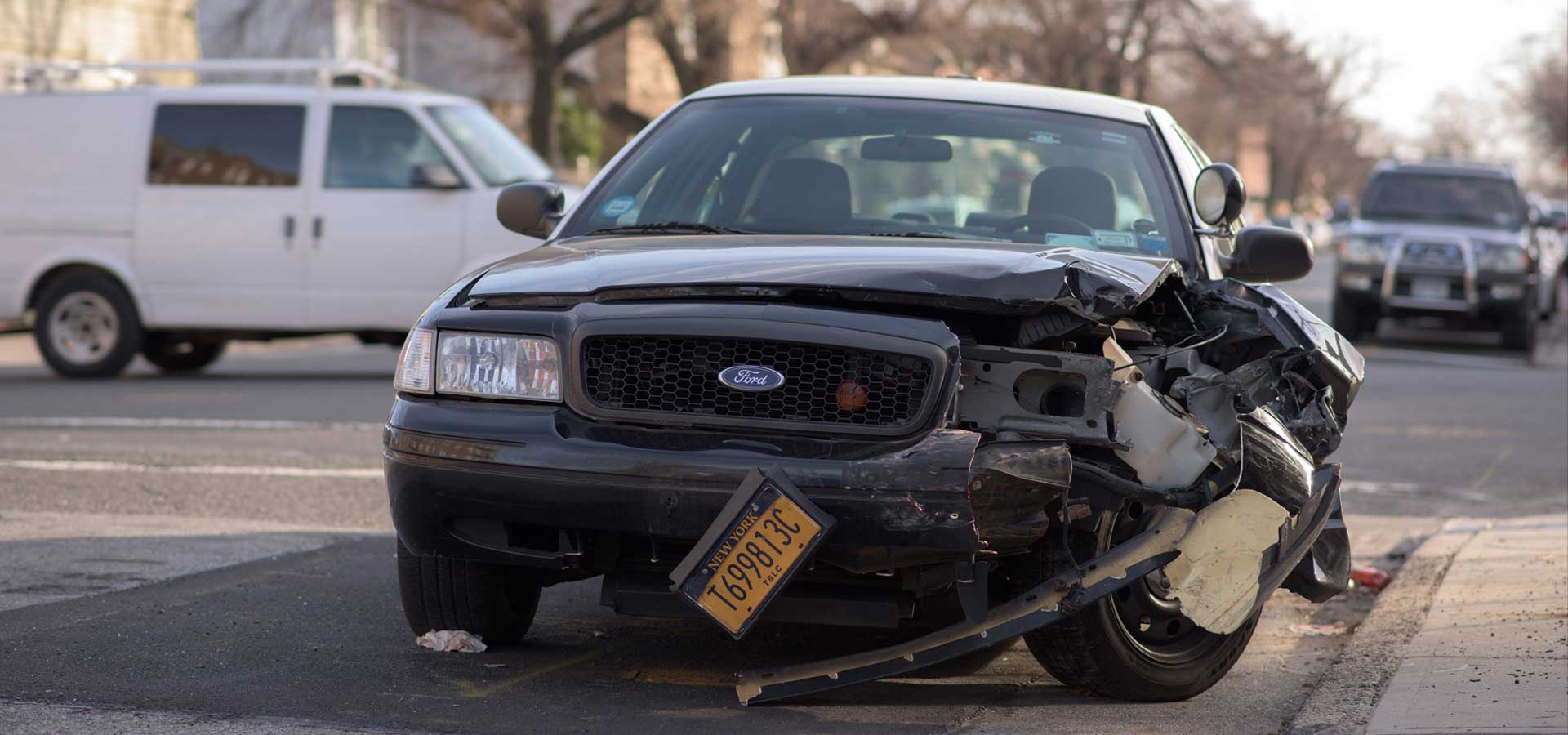If you've been in a car accident, you may not feel as though you're responsible, but how exactly is fault determined? This process can be fairly complicated but it's centered around determining who was the careless or negligent party. In some car accidents, it's easy to determine who was actually at fault and is responsible for any damages that occurred.
However, this determination may not always be straightforward. The involvement of various entities including the police, insurance company, and even court system may turn a simple case into a more complicated one. To get an idea of how fault is determined, these are the primary ways that each entity views fault.
Law Enforcement
After a car accident is reported to the police, they are responsible for preparing a report about what happened. The police officer will start by interviewing the drivers involved as well as any witnesses. They'll try to determine what happened accurately and get a timeline of events. Once the office has gathered the necessary information, he or she will submit the report to their department.
The report may contain a statement about who was at fault but many of them do not. It's also important to understand that even if the police report puts the blame on a person, this doesn't mean that they will be legally responsible. As a part of their investigation, they may issue a traffic citation to the responsible party. A citation may end up being used in a lawsuit as evidence though.
Insurance Companies
Once a claim is filed with the insurance company, the company will then assign the case to an adjustor. This is the person who will oversee the investigation and settlement of the claim. Typically there are multiple adjusters involved in the process as both insurance companies will have their own person.
Adjusters research the accident, review documentation, and verify details about the accident. Ultimately, they will decide on fault and may even assign a percentage of fault to each driver. The companies will need assign a certain portion of the costs based on this percentage although this process will also depend on the term of each driver's policy.
Lawsuits and Courts
If you file a lawsuit after having a car accident, then the court will determine who is negligent. Working with a personal injury attorney is key in this process since the process can be challenging. The court will consider the arguments from both side's lawyers as well as evidence of the case. This may include testimony, police officer reports, and other professional opinions such as doctors. They will determine if a person is negligent where negligence is determined by a person failing to take reasonable caution under the circumstances.
Since the process of determining negligence can be complicated, it's important to be prepared for a court case if the insurance companies don't meet your needs after an accident. Many people find that consulting with a lawyer helps them to review their options and the viability of their case so this professional may be beneficial after an accident.


